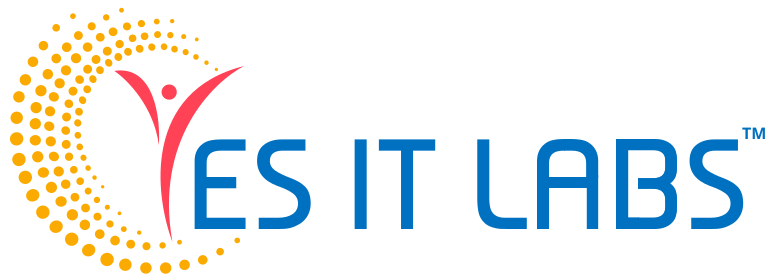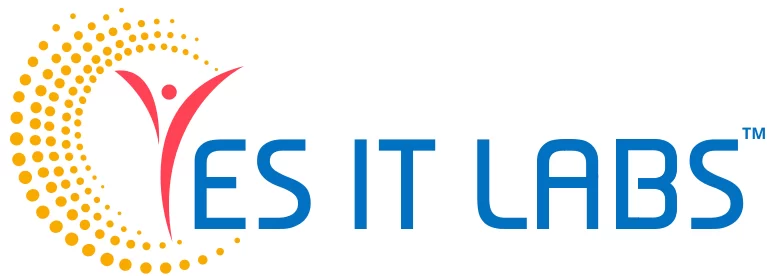It’s crucial to pick the best CMS for your new website. A content management system (CMS) will likely be used to assist you in creating and administering your website if you’re constructing one. Which CMS, however, is the best for you? With a combined market share of more than 60%, Drupal and WordPress are the global leaders in the CMS space.
Each has a devoted internet following and its own online community. Moreover, some of the biggest websites in the world are powered by both Drupal and WordPress.
The primary distinction between Drupal and WordPress is that Drupal caters to developers and offers more customization options, whereas WordPress is more user-friendly for beginners.
What is WordPress?
WordPress is a content management system and website builder. Anyone may use this open-source software to create any type of website they can think of. In 2003, it began as a blogging platform but quickly evolved into a CMS and then a complete platform for developing websites. Today, WordPress powers more than 43% of all websites on the internet, according to our market share statistics.
What is Drupal?
Drupal is an open-source content management system (CMS) that is free to use and has a sizable, helpful community. Millions of people and organizations use it to create and maintain their websites all around the world. It offers intrinsic advantages over proprietary software in terms of cost, flexibility, freedom, security, and responsibility.
Pros of WordPress
WordPress has the advantages listed below:
- User interface that is pleasant.
- Large user and developer community.
- A sizable selection of themes and plugins.
- SEO-friendly.
- Responsive and suitable for mobile.
- Scalable for all sizes of websites, easy to install and update.
Cons of WordPress
The cons of WordPress are summed up in the below written sentences:
- Due to its open-source nature, it has security weaknesses.
- Can slow down and need more resources to keep up performance on larger sites.
- A meager amount of built-in content management.
- Compared to other CMS platforms, it has greater capabilities.
- Potential plugin conflicts and issues with plugin compatibility.
- Needs frequent updates to maintain its performance and security.
- Without coding experience, customization options are constrained.
Pros of Drupal
The benefits of Drupal are outlined below in the following points:
- Incredibly adaptable, with a modular and flexible architecture.
- Can manage huge, complex sites, and is scalable.
- Compared to other CMS platforms, stricter security measures.
- Provides strong content management capabilities.
- Supports websites with multiple languages.
- Can integrate with a variety of applications and systems from third parties.
- Provides granular control over user access and permissions.
Cons of Drupal
Below are a few points that list Drupal’s drawbacks:
- Fewer themes and plugins are available.
- Fewer resources and community support.
- Requires more technical know-how for development and customization.
- Due to its complicated architecture and terminology, there is a steep learning curve for beginners
- Require more resources and take longer to load.
- Modules and updates can be difficult to manage and time-consuming to maintain.
Drupal v/s WordPress: A comprehensive Analysis
It’s time to conduct a Drupal vs WordPress head-to-head comparison now that you have a general understanding of the benefits and drawbacks of both platforms. There will be winners in each of the five categories in this WordPress vs. Drupal CMS comparison that is being conducted. I’ll discuss which one is best for your needs at the end.
- Security
Security is always going to be the most crucial factor in CMS comparisons, and Drupal vs. WordPress is no exception. In general, Drupal is thought to have a really good base level of security and is regarded as one of the world’s most secure CMS options and a reliable WordPress substitute.
WordPress also has a strong security foundation, but once again, its reliance on plug-ins causes problems. Both of these plug-ins have the potential to increase security over Drupal, but they also carry the risk of creating new security flaws. Thus, Drupal is considered to be the more secure CMS overall in this category.
-
SEO
The next area of comparison between Drupal and WordPress is search engine optimization or SEO. Your search engine index positioning directly impacts your online reach and visibility. WordPress has a subpar base-level SEO coverage utility, as I mentioned during my WordPress evaluation. Let’s hold off on jumping the gun, though. Indeed, with the proper setup and Plug-Ins, WordPress has the potential to become the best CMS for SEO. Compared to WordPress, Drupal offers better base-level SEO coverage, but it lacks the same level of security.
-
Performance
Since it differs between each CMS, the performance index is the most crucial factor to consider when comparing Drupal and WordPress. Although WordPress has the fastest online load times, it can lag if not enhanced with plug-ins and the proper settings. Drupal performs better overall, on average.
-
Flexibility
Flexibility is the number of potential tools a CMS provides to build, customize, and enhance a website. Although Drupal has a good number of plug-ins, beginners are limited by its steeper learning curve. With its extensive plug-in community and cutting-edge third-party compatibility, WordPress is without a doubt the most flexible and adaptable CMS option.
-
Ease of Use
When contrasting Drupal and WordPress, user-friendliness and ease of use are crucial considerations. Drupal is simple to use for basic tasks and functions, but as things become more complex, handling them becomes more challenging. WordPress is the user’s dream for those just starting out because it enables them to create, design, and manage their content all on one platform.
So Which CMS is Best for You? WordPress or Drupal?
WordPress won the head-to-head comparison, and as a result, I believe it to be the overall better option for hosting and managing your website’s content, especially for beginner users. So, now it’s your turn to choose between them. Will you hire WordPress developer or a Drupal developer?
If you have advanced coding skills and are looking for a lightweight CMS with a focus on security and performance, Drupal is a great WordPress substitute.
WordPress and other CMSs are very intuitive and user-friendly. You can accomplish your business objectives with the aid of a solid theme, a potent plugin, and a dependable host. Because WordPress is so popular, there are a lot of tutorials and other resources to help you. In our comparison of WordPress and Drupal, WordPress came out on top.







